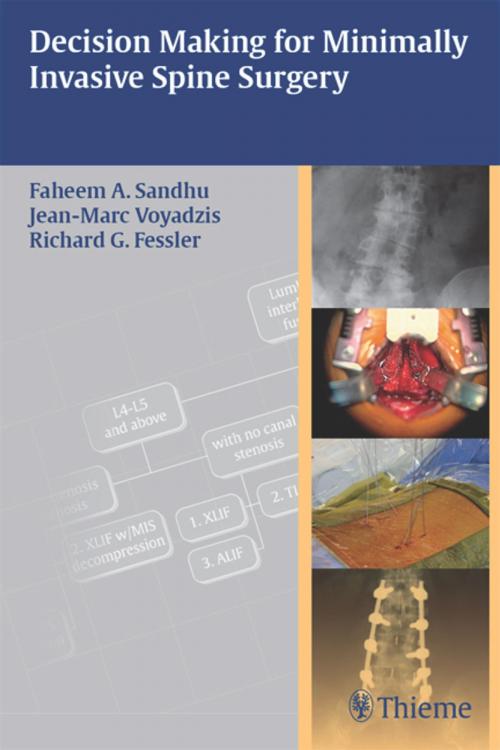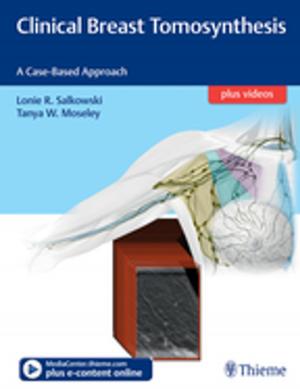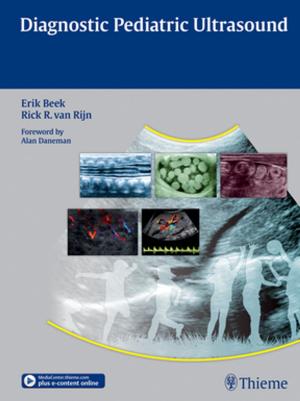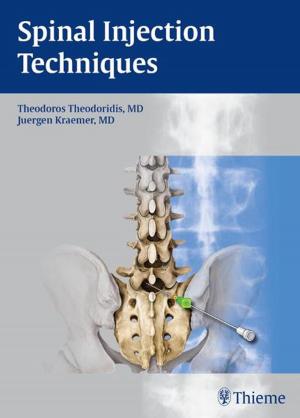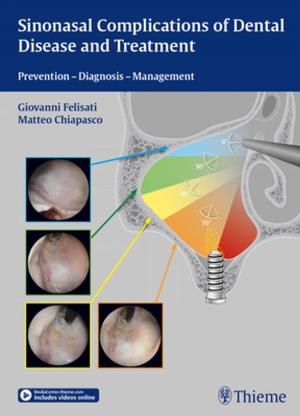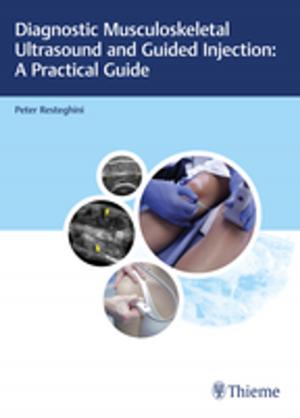Decision Making for Minimally Invasive Spine Surgery
Nonfiction, Health & Well Being, Medical, Surgery, Neurosurgery, Specialties, Orthopedics| Author: | ISBN: | 9781604062670 | |
| Publisher: | Thieme | Publication: | January 6, 2011 |
| Imprint: | Thieme | Language: | English |
| Author: | |
| ISBN: | 9781604062670 |
| Publisher: | Thieme |
| Publication: | January 6, 2011 |
| Imprint: | Thieme |
| Language: | English |
Decision Making for Minimally Invasive Spine Surgery provides the critical tools needed to determine exactly when, for whom, and why minimally invasive spine surgery (MISS) is a viable option.Ten tightly focused chapters each begin with a decision making algorithm that explains how to ascertain if MISS will benefit the patient more than traditional open surgery. Following each algorithm, concise yet detailed information on the preoperative evaluation, surgical techniques, and possible outcomes helps the reader to formulate a clear surgical strategy. The book closes with an incisive analysis of radiosurgery, instrumentation systems, image guidance, and promising advances in MISS that will stimulate further discussion of this emerging area.FeaturesA realistic assessment of both the advantages and drawbacks of MISS by pioneers in the field Evaluative algorithms allow readers to form rapid, fully informed treatment decisions Intuitive organization by spinal region facilitates quick reference Spine surgeons, residents, or fellows in orthopedic surgery or neurosurgery will refer to this easily accessible manual every time they consider performing a minimally invasive spine procedure.This is an excellent book with no comparisons, useful for neurosurgeons, spine surgeons, and radiologists.--Doody's
Decision Making for Minimally Invasive Spine Surgery provides the critical tools needed to determine exactly when, for whom, and why minimally invasive spine surgery (MISS) is a viable option.Ten tightly focused chapters each begin with a decision making algorithm that explains how to ascertain if MISS will benefit the patient more than traditional open surgery. Following each algorithm, concise yet detailed information on the preoperative evaluation, surgical techniques, and possible outcomes helps the reader to formulate a clear surgical strategy. The book closes with an incisive analysis of radiosurgery, instrumentation systems, image guidance, and promising advances in MISS that will stimulate further discussion of this emerging area.FeaturesA realistic assessment of both the advantages and drawbacks of MISS by pioneers in the field Evaluative algorithms allow readers to form rapid, fully informed treatment decisions Intuitive organization by spinal region facilitates quick reference Spine surgeons, residents, or fellows in orthopedic surgery or neurosurgery will refer to this easily accessible manual every time they consider performing a minimally invasive spine procedure.This is an excellent book with no comparisons, useful for neurosurgeons, spine surgeons, and radiologists.--Doody's
